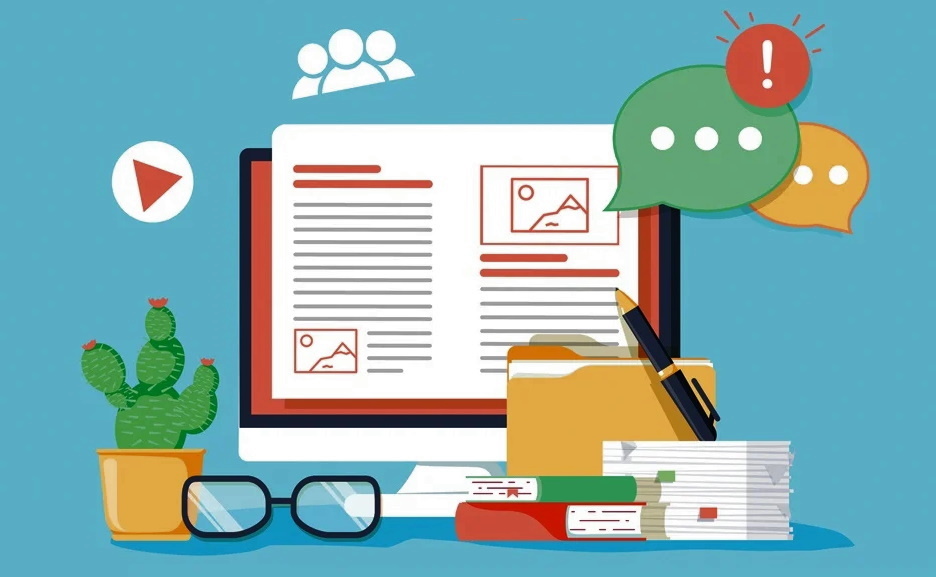What is a Secured Loan?
Secured loans are loans that require some type of security, something called collateral. The collateral can be an asset such as a property in the case of a mortgage or a vehicle when applying for a car loan.
This guarantee serves as a promise that you will repay the loan on time. When you opt for a secured loan, you give the lender the right to sell your asset and get your share. However, the asset will remain in your custody until you breach the signed contract.
Therefore, the value of the asset must be greater than or equal to the value of the loan.
In the event that the asset loses its value due to changes in market price or other similar reasons, you will have to pay the difference if the lender has to sell the asset to recover the amount borrowed.
What are unsecured loans?
Unsecured loans are loans in which the lender does not request any collateral, therefore there is no collateral involved.
In the case of unsecured loans, there is no risk that lenders will confiscate your assets. Some of the best examples of unsecured loans are student loans and personal loans.
Since there is no collateral for unsecured loans, lenders will evaluate your application based on your credit rating and income potential.
Your loan application will be approved if it has a positive rating and the ability to make payments.
Unsecured loans are very popular, but they are generally smaller since the lender has no collateral to fall back on in the event of a default on payments.
Guaranteed Credits vs. Unsecured Credits: Advantages and Disadvantages
Both secured and unsecured personal loans have their advantages and disadvantages. Here is a table to help you understand the difference:
Guaranteed Loan Unsecured Loan
1. Easy to obtain even if you have a low credit rating as lenders do not pay much attention to your financial history when evaluating your application. 1. It can be difficult to obtain if you do not have a good credit rating, in most cases above 600, as lenders primarily use your credit rating when evaluating your application.
2. The amount of the loan can reach several million depending on the value of the collateral. The more valuable the collateral, the larger the loan. 2. The loan amount is not very high as there is no guarantee that you will repay the loan on time. Therefore, lenders tend to be cautious.
3. The interest rate rarely depends on your credit rating. 3. The interest rate is highly dependent on your credit rating.
4. You will lose your assets (collateral) if you do not pay the loan on time. 4. There is no risk of losing any of your assets as there are none involved in unsecured loans. However, the lender can sue you if you don’t pay your debt.
5. Interest rates are usually low in the case of secured loans. 5. Interest rates are usually high in the case of unsecured loans.
6. Examples: auto loans, home loans. What loan can affect my credit rating?
Both loans will have an impact on your credit rating. In fact, the impact is practically the same in both cases.
If you repay your loans on time, your credit rating will improve. In the same way, if you are late in payments, your credit rating will suffer.
However, many borrowers use secured loans to improve their credit history and increase their credit rating.
Secured vs. Unsecured Loan: Which One Should I Choose?
There is no concrete answer to this question. Banks and financial institutions prefer that a guaranteed loan be selected as it offers them greater security in the event that the established payments are not met.
On the other hand, users prefer unsecured loans because they do not involve collateral or collateral. However, they are more difficult to obtain; especially when you have a low credit rating.
Therefore the decision will depend on your general financial condition. If you need a large amount of money, a secured loan would be the best option because the loan amount will depend on the value of the collateral you intend to encumber in today’s market.
Choose a secured loan only if you are 100% sure you will be able to pay it back, otherwise you may lose your asset. However, the risk may be worth it as secured loans are cheaper than unsecured loans.
Therefore, consider your situation and choose the best option based on your personal needs.
Pay attention to the lender
Regardless of whether you opt for a secured loan or an unsecured loan, it is important to use the services of a reputable financial institution.
In secured loans, each lender has its own terms. Some are more understanding and may be willing to change their terms if you have difficulty paying back the amount borrowed.
In the case of unsecured loans, each lender offers different interest rates and terms and conditions. Also, some may be willing to offer their financial products to people with low credit ratings. So research the options on the market to find a lender that meets your needs.
Change one type of loan for another
It is possible to exchange a secured loan for an unsecured loan, but only under certain conditions. Also, your lender may offer to exchange your unsecured loan for a secured loan if you miss your payments; although you will always need your consent before doing so. While it may seem like a bad deal, some borrowers choose this option to avoid a lawsuit.
conclusion
Both secured and unsecured loans can be helpful depending on each personal situation. Get the right financial guidance and choose a loan only when you are sure you can pay it back.




